When exploring the topic “The Top Ten Most Important Holidays In History,” the description can dive deep into the cultural, historical, and social significance of these celebrations. Holidays like Christmas, Easter, and Thanksgiving hold immense value for millions, shaping traditions and bringing people together across generations. Others, such as Independence Day, mark pivotal moments of national pride and freedom, while ancient festivities like Diwali or Hanukkah illuminate spiritual resilience and triumph.
This list could also feature holidays like Ramadan, reflecting devotion and community, or New Years Day, a universal nod to fresh beginnings. Each holiday carries unique stories, from the harvest roots of Halloween to the civil rights legacy of Martin Luther King Jr Day. By examining their origins, global impact, and enduring appeal, this topic reveals why these ten holidays stand out as the most influential in shaping human history. Perfect for readers curious about culture, tradition, and the power of celebration.
Top Ten Most Important Holidays In History
10. Halloween

Halloween lands on October 31 each year, tracing its roots back to the ancient Celtic festival of Samhain. This holiday marked the end of the harvest season and the start of winter, a time when the boundary between the living and the dead was believed to blur. People lit bonfires and wore costumes to ward off spirits roaming the earth. Over centuries, it evolved with Christian influences, blending into All Hallows Eve, the night before All Saints Day. Today, Halloween thrives globally as a celebration of the spooky, with trick or treating, pumpkin carving, and costume parties dominating the scene. Its historical shift from a sacred ritual to a playful, commercial event underscores its lasting cultural impact, making it a standout in holiday history.
9. Martin Luther King Jr Day
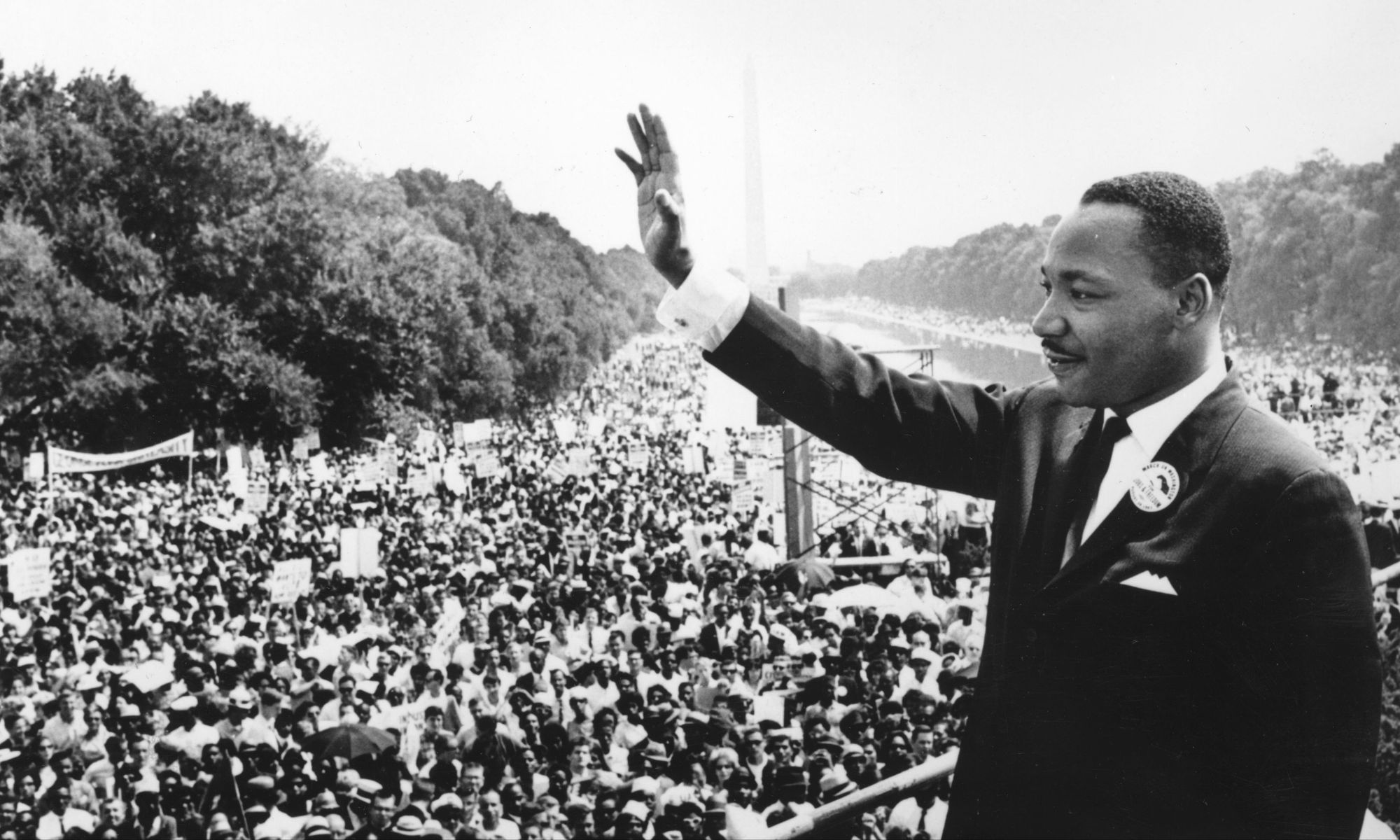
Celebrated on the third Monday of January, Martin Luther King Jr Day honors the civil rights leader who fought for racial equality in the United States. Established as a federal holiday in 1983, it commemorates his birth on January 15, 1929, and his legacy of nonviolent activism. From the Montgomery Bus Boycott to the March on Washington, his work reshaped society, culminating in the Civil Rights Act of 1964. This holiday stands apart as a modern addition, reflecting progress and remembrance. Communities mark it with service projects, speeches, and education on justice, ensuring its place as a powerful symbol of hope and change in history.
8. New Years Day
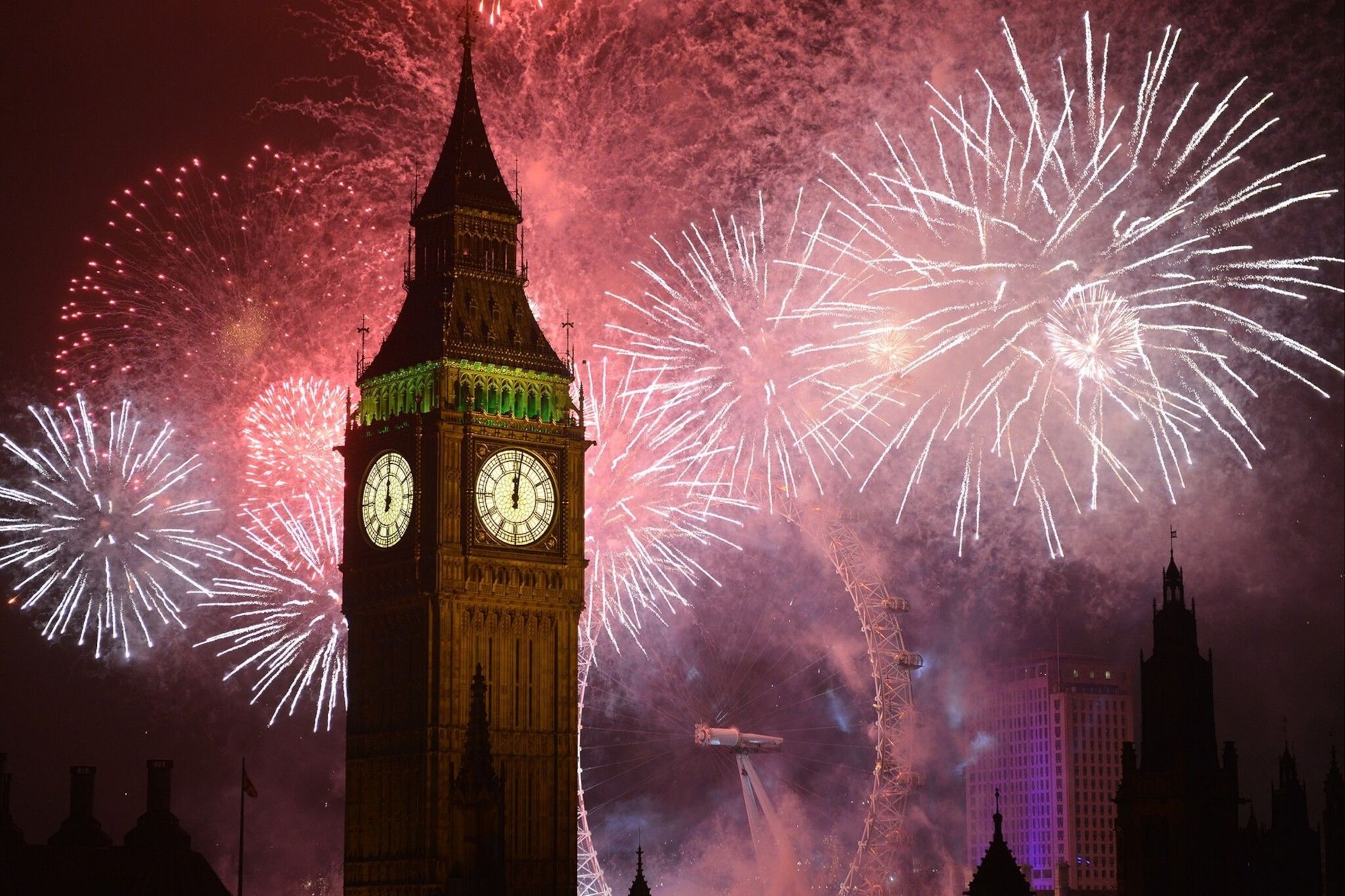
New Years Day, observed on January 1, kicks off the Gregorian calendar with a bang. Its origins stretch back to ancient Rome, where it honored Janus, the god of beginnings, with feasts and gift exchanges. Across cultures, it has long symbolized renewal, from Babylonian spring rituals to Chinese lunar celebrations. Today, it unites the globe with fireworks, resolutions, and parties, embodying a shared optimism for the future. Its universal appeal and deep historical roots as a marker of time and transition earn it a spot among the most significant holidays ever celebrated.
7. Ramadan
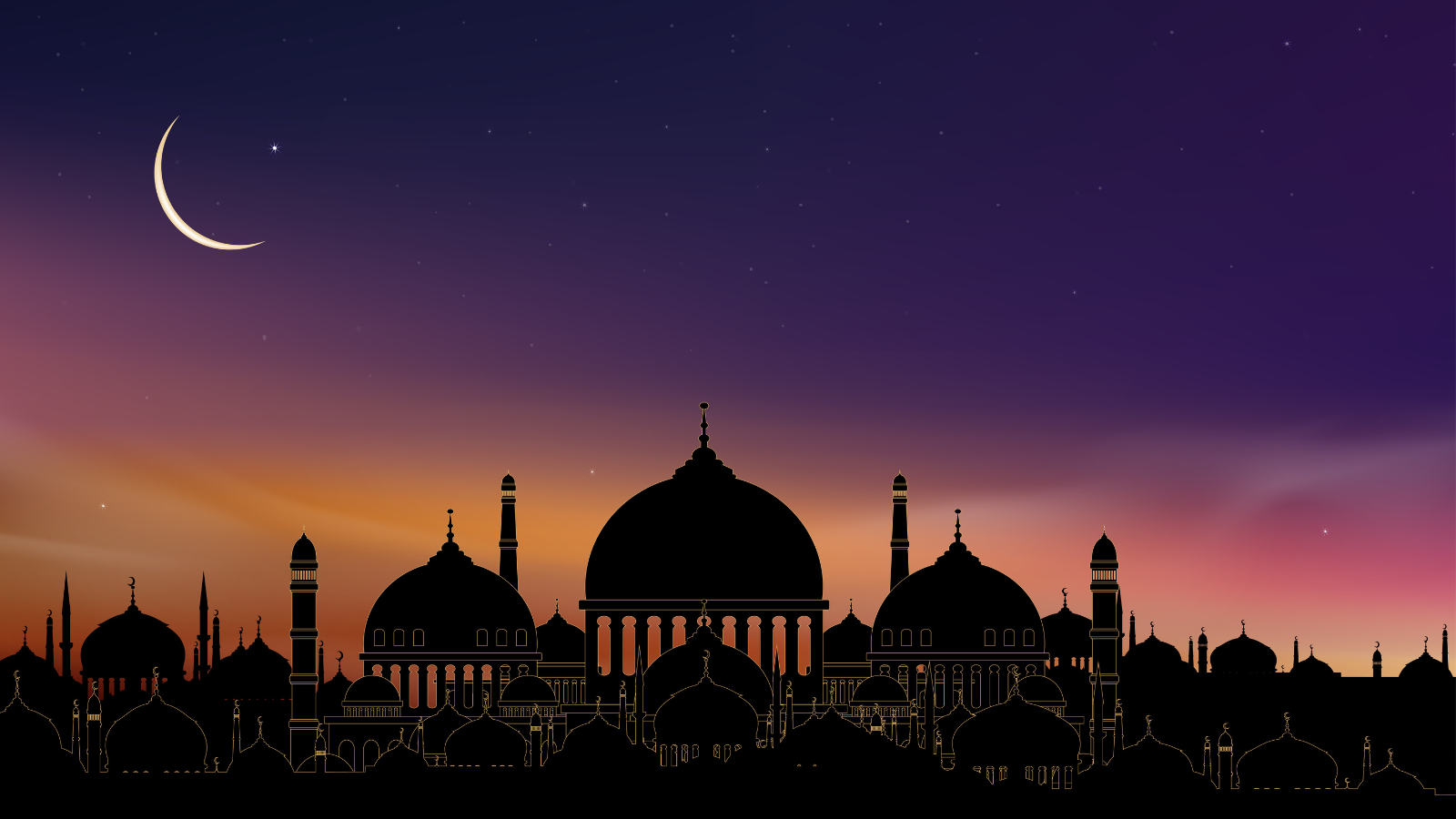
Ramadan, the ninth month of the Islamic lunar calendar, ranks as a cornerstone of Muslim faith. This month long holiday involves fasting from dawn to dusk, prayer, and reflection, commemorating the revelation of the Quran to Prophet Muhammad. Its dates shift annually, aligning with the lunar cycle, and conclude with Eid al Fitr, a joyous feast. Beyond abstinence, it fosters charity, community, and spiritual growth, impacting over a billion people worldwide. Its emphasis on discipline and devotion, rooted in over 1,400 years of tradition, highlights its profound influence on history and culture.
6. Hanukkah
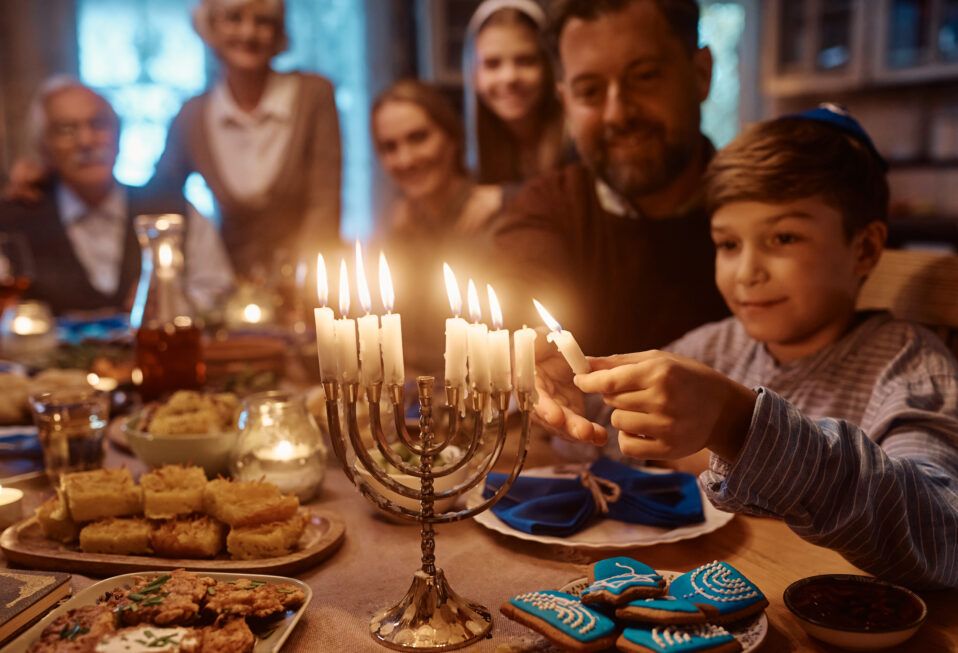
Hanukkah, the Jewish Festival of Lights, spans eight days in late November or December. It celebrates the rededication of the Second Temple in Jerusalem around 165 BCE, when a small amount of oil miraculously burned for eight nights after the Maccabean victory over Greek oppressors. Lighting the menorah, playing dreidel, and eating oil rich foods like latkes define the holiday. Its story of resilience against persecution resonates beyond Judaism, symbolizing hope and freedom. With roots in ancient defiance, Hanukkah remains a vital holiday, blending faith and history into a timeless celebration.
5. Diwali
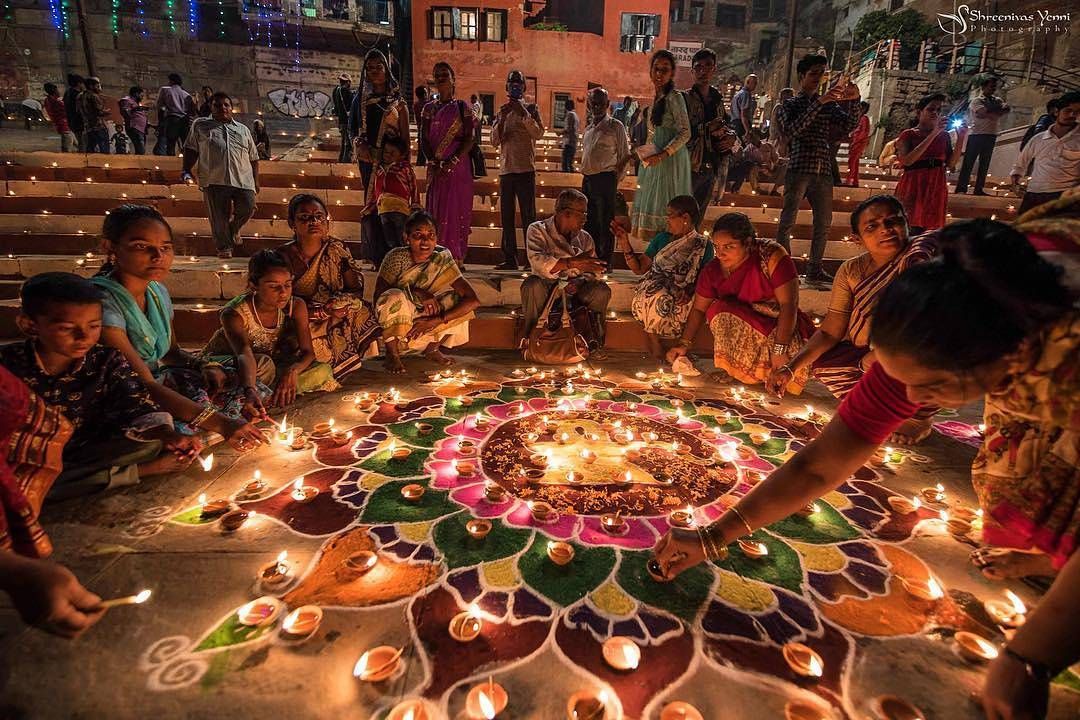
Diwali, or Deepavali, lights up the Hindu calendar in October or November as the festival of lights. Spanning five days, it marks the triumph of good over evil, with legends like Lord Rama’s return from exile at its core. Families illuminate homes with oil lamps, share sweets, and set off fireworks, creating a vibrant spectacle. Observed by Hindus, Sikhs, Jains, and Buddhists, its reach spans India and beyond, promoting unity and joy. Dating back thousands of years, Diwali’s blend of spirituality and festivity cements its status as a historic holiday with global resonance.
4. Independence Day
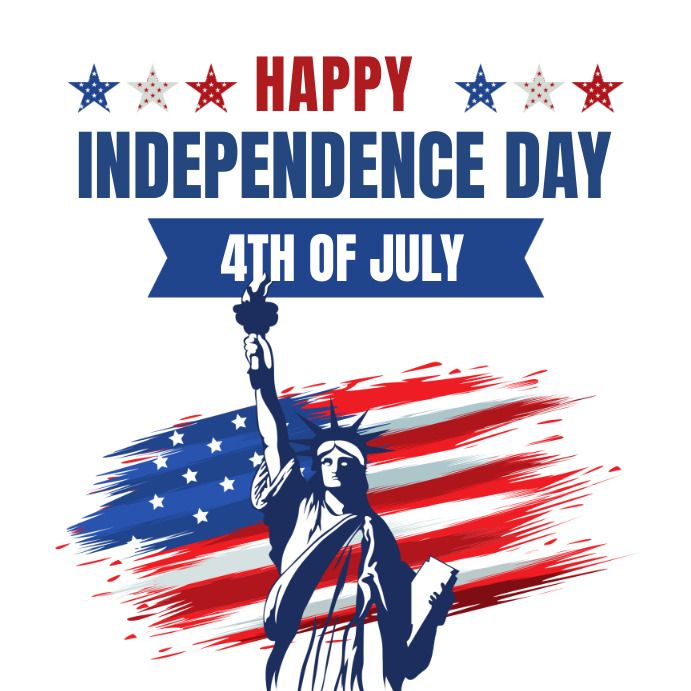
Independence Day, most notably July 4 in the United States, celebrates national sovereignty. In America, it recalls the 1776 Declaration of Independence from British rule, sparking parades, barbecues, and flag waving. Other nations, like India on August 15 or Mexico on September 16, have their own versions, each tied to liberation struggles. These holidays honor sacrifice, identity, and freedom, often with fireworks and patriotic fervor. Their historical weight stems from defining moments that shaped countries, making Independence Day a universal concept with local flavors, pivotal in the story of human progress.
3. Thanksgiving

Thanksgiving falls on the fourth Thursday of November in the United States, with echoes in Canada and beyond. It began with the 1621 harvest feast between Pilgrims and Native Americans, symbolizing gratitude for survival and abundance. Today, it revolves around turkey dinners, family gatherings, and giving thanks, though its complex history includes debates over colonialism. Its evolution from a regional event to a national holiday reflects its deep ties to community and resilience. Thanksgiving’s focus on gratitude and shared meals secures its rank as a historically significant celebration.
2. Easter
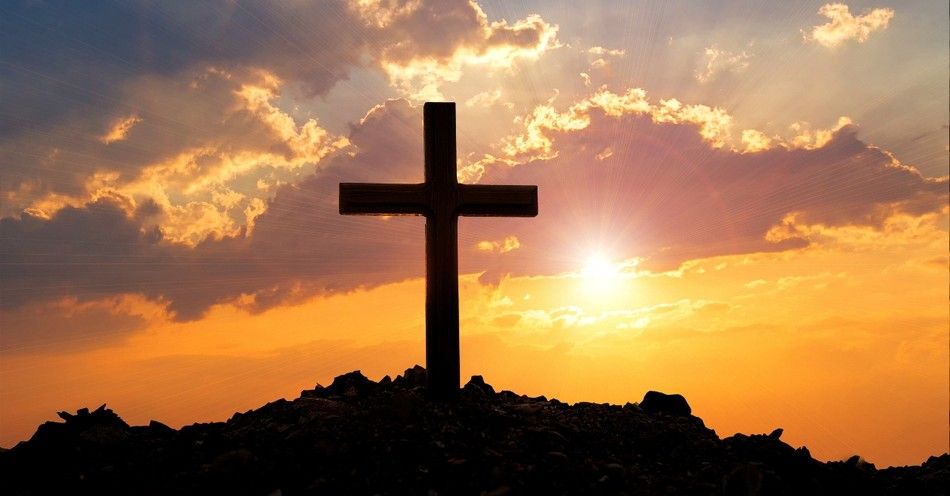
Easter Sunday, observed by Christians in spring, celebrates the resurrection of Jesus Christ, a cornerstone of the faith. Its date shifts with the lunar calendar, tied to the first Sunday after the first full moon of spring. Rooted in the Jewish Passover, it blends ancient traditions with events like egg hunts and church services. From the Roman Empire to modern times, Easter has shaped art, culture, and calendars, symbolizing renewal and hope. Its theological depth and widespread observance across centuries place it near the top of history’s most impactful holidays.
1. Christmas

Christmas, celebrated on December 25, tops the list as the most influential holiday in history. It honors the birth of Jesus Christ, though its date aligns with Roman winter festivals like Saturnalia. Evergreen trees, gift giving, and carols trace back to medieval Europe, while its modern form owes much to 19th century traditions. Beyond Christianity, Christmas touches nearly every corner of the globe with lights, feasts, and Santa Claus. Its blend of sacred roots, cultural evolution, and universal cheer makes it a holiday that has defined history, commerce, and human connection for over two millennia.




